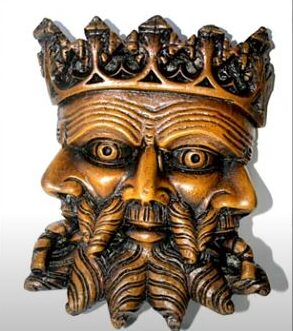
“CHRISTIANITY DID NOT DESTROY PAGANISM; IT ADOPTED IT.”
Pulitzer Prize-winning – The Story of Civilisation, Wm. Durant, pt3, p.595
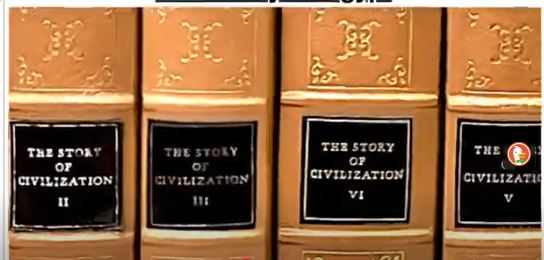
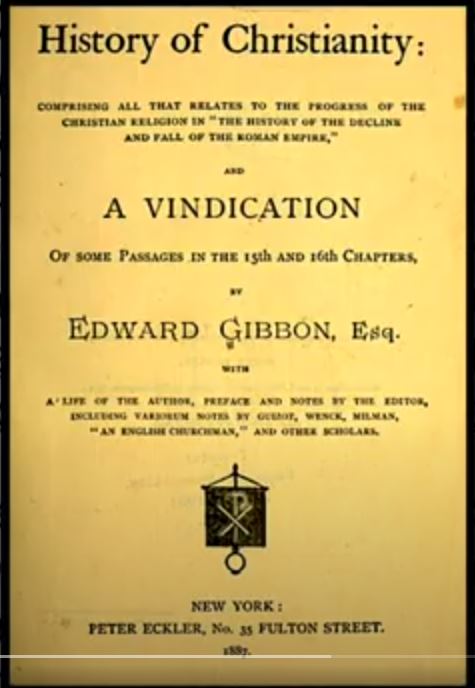 “If Paganism was conquered by Christianity, it is equally true that Christianity was corrupted by Paganism. The pure Deism of the first Christians [the belief that God is a single, uni-personal Being]… was changed, by the Church of Rome, into the incomprehensible dogma of the Trinity. Many of the Pagan tenets… were retained as being worthy of
“If Paganism was conquered by Christianity, it is equally true that Christianity was corrupted by Paganism. The pure Deism of the first Christians [the belief that God is a single, uni-personal Being]… was changed, by the Church of Rome, into the incomprehensible dogma of the Trinity. Many of the Pagan tenets… were retained as being worthy of
belief “.
The History of Christianity, Eduard Gibbon, 1916, p.xvi (author of The Decline and Fall of the Roman Empire)
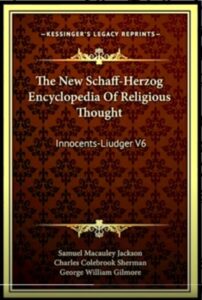 “The Trinity received its shape from Greek Fathers, who… were much influenced… by Platonic philosophy… errors and corruptions crept into the Church from this source”
“The Trinity received its shape from Greek Fathers, who… were much influenced… by Platonic philosophy… errors and corruptions crept into the Church from this source”
New Schaff-Herzog Encyclopedia of Religious Knowledge, 1911, V.9, p.91
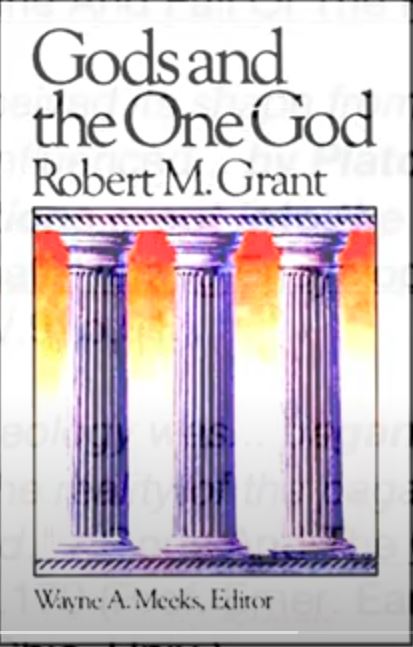 Early Christian theology was… paganism with a Biblical accent… the reality of the pagan environment cannot be neglected’
Early Christian theology was… paganism with a Biblical accent… the reality of the pagan environment cannot be neglected’
Gods and the One God – R M Grant, 1988. p.170 (Prof. Emer. Early Christianity, School of Divinity, Chicago University
 “The origin of the [Trinity] is entirely pagan… the idea was only adopted by the Church three hundred years after the death of our Lord”
“The origin of the [Trinity] is entirely pagan… the idea was only adopted by the Church three hundred years after the death of our Lord”
The Paganism in Our Christianity, Arthur Weigall 1928
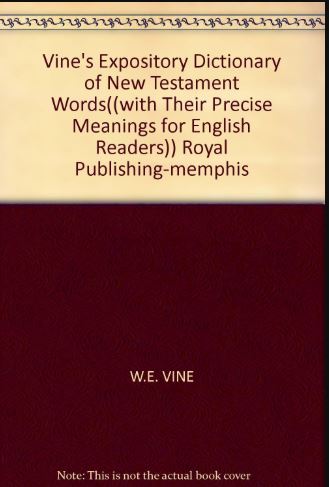 “By the middle of the third century, the churches had either departed from or travestied certain doctrines of the Christian faith. In order to increase the prestige of the apostate [“having abandoned a religious belief” – American Heritage Dictionary] ecclesiastical system, pagans were received into the churches apart from regeneration by faith, and were permitted largely to retain their pagan signs and symbols“.
“By the middle of the third century, the churches had either departed from or travestied certain doctrines of the Christian faith. In order to increase the prestige of the apostate [“having abandoned a religious belief” – American Heritage Dictionary] ecclesiastical system, pagans were received into the churches apart from regeneration by faith, and were permitted largely to retain their pagan signs and symbols“.
Vine’s Expository Dictionary of New Testament Words, p.258
The context of the above quotations is that, as disturbing as it may be to the sensibilities of contemporary Christianity, by the fourth century the Church had suffered corruption from a Trinity doctrine found neither in the Bible nor its own history, but extracted whole from the pages of paganism. In its bid for world influence, early Christianity encountered the classic Greek philosophy of Plato – itself merely a reworking of earlier pagan trinities.
In an attempt to reconcile Platonism with its own teachings, the pure deism of the early Church gradually gave way to the pagan derived belief in a triune God.
THE ANCIENT BEGINNINGS OF TRINITARISM
To understand how this happened, we need to go back to the earliest beginnings of pagan religion itself.
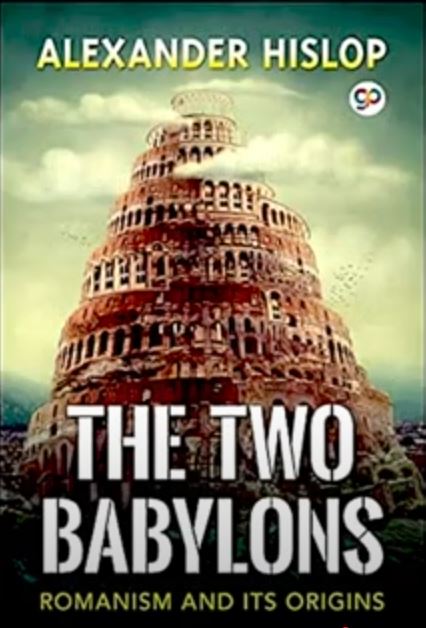 The recognition of a Trinity was universal in all the ancient nations of the world.
The recognition of a Trinity was universal in all the ancient nations of the world.
The Two Babylons, Alexander Hislop, 1959, p.17
The many gods of Polytheism predate the one God of Biblical Monotheism by thousands of years. Those gods were often grouped into threes.
Anglican historian John Newton, composer of the gospel classic “Amazing Grace”, tells us:
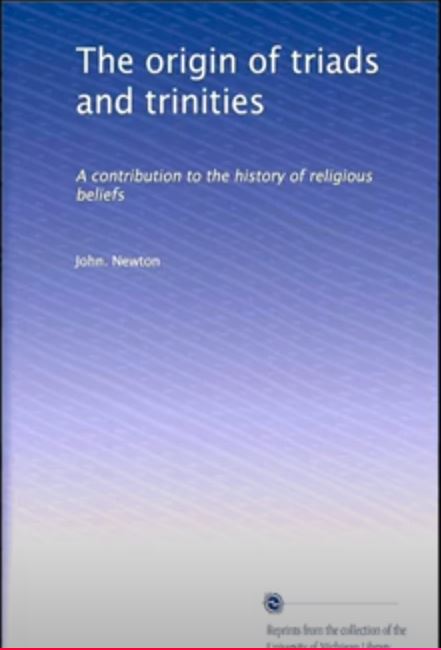 “With the first glimpse of a distinct religion and worship among the most ancient races, we find them grouping their gods in triads”.
“With the first glimpse of a distinct religion and worship among the most ancient races, we find them grouping their gods in triads”.
The Origin of Triads and Trinities, John Newton, 1909
Trinitarianism will argue that ancient pagan trinities presented three gods (plural) in unity, while its own Trinity presents but one God (singular) in three persons.
This is nothing more than a semantic smokescreen – and a dishonest one at that.
Dr. of Theology V.P. Wierwille – an avowed Non-trinitarian Christian who received his Master’s Degree from Princeton Theological Seminary – points out that:
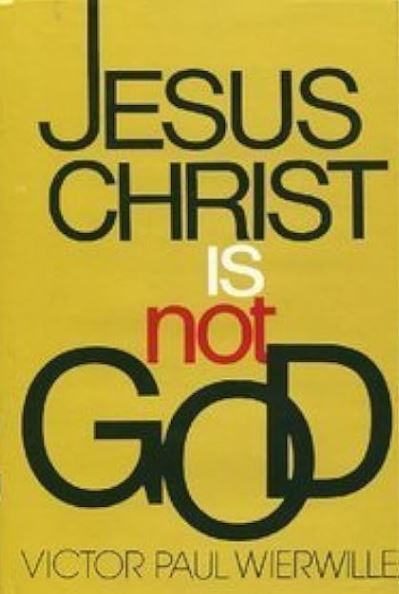 “Long before the founding of Christianity, the idea of a triune god or a god-in-three-persons was a common belief in ancient religions. Although many of these religions had minor deities, they acknowledged that there was one supreme God who consisted of three persons or essences”.
“Long before the founding of Christianity, the idea of a triune god or a god-in-three-persons was a common belief in ancient religions. Although many of these religions had minor deities, they acknowledged that there was one supreme God who consisted of three persons or essences”.
Jesus Christ is Not God, Dr. V.P. Wierwille, 1975
In contrasting the unipersonal God of the Biblical Monotheism with the tri-personal gods of ancient pagan religions, the Encyclopaedia Britannica makes the compelling argument that:
 “Faith in the oneness of God… was the Jews’ and the Christians’ characteristic mark of distinction over against paganism”
“Faith in the oneness of God… was the Jews’ and the Christians’ characteristic mark of distinction over against paganism”
Encyclopaedia Britannica, 1979, Vol.4, p. 485
“Paganism” is defined by the American Heritage Dictionary as:
“Adherence to a polytheistic religion in antiquity, especially when viewed in contrast to adherence to a monotheistic religion”
The characteristic which most dramatically separates Paganism from Biblical Monotheism is its worship of multiple gods – often in Trinity form.
The worship of triune deity appears in many of the earliest cultures of the world.
THE TRINITY OF BABYLON
“Babylon comes from the word “babel”, meaning “confusion”.
In the Bible, Babylon is identified with Satan (Isaiah 14, Revelation 17,18).
The Trinity originated in ancient Babylon, from which it was passed on to most of the world’s religions.
 “The Trinity got its start in Babylon with Nimrod, Tammuz and Semiramis… the first divine incomprehensible Trinity… the apostate [Roman] Church adopted the Trinity god of ancient Babylon”
“The Trinity got its start in Babylon with Nimrod, Tammuz and Semiramis… the first divine incomprehensible Trinity… the apostate [Roman] Church adopted the Trinity god of ancient Babylon”
The Two Babylons, Minister Alexander Hislop, 1916, p.51
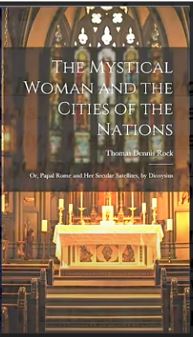 “The ancient Babylonians recognised the doctrine of a Trinity or three persons in one god… a composite god with three heads
“The ancient Babylonians recognised the doctrine of a Trinity or three persons in one god… a composite god with three heads
The Mystical Woman and the Cities of the Nations, T.D. Rock, 1867, p.22
THE TRINITY OF INDIA
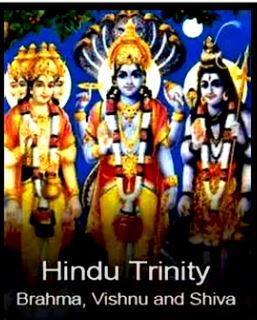
In the Puranas (ancient religious texts of Hinduism), the three gods Brahma, Vishnu and Shiva are reported to have said:
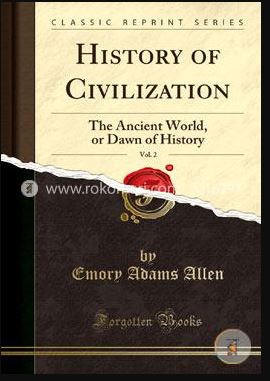 “There is no real distinction between us… the single being appears under three forms… but is one”
“There is no real distinction between us… the single being appears under three forms… but is one”
History of Civilization, E.A. Allen, 1889, Vol.4, p.624
 “In Hinduism the threefold manifestations of the Only Supreme Being as Brahma, Vishnu, and Siva was thus sung of by Kalidasa (55 B.C.): ‘In these three persons the One God is shown…’ “
“In Hinduism the threefold manifestations of the Only Supreme Being as Brahma, Vishnu, and Siva was thus sung of by Kalidasa (55 B.C.): ‘In these three persons the One God is shown…’ “
The Origin of Triads and Trinities, John Newton, 1909, pg. 21
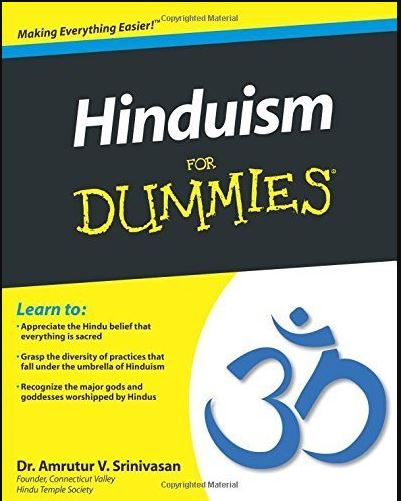 “Hindus acknowledge that… God is One… yet Hinduism is also polytheistic; populated with gods who personify aspects of the one true God… Brahma is the first member of the Hindu Trinity… Vishnu is the second…Shia is the third”
“Hindus acknowledge that… God is One… yet Hinduism is also polytheistic; populated with gods who personify aspects of the one true God… Brahma is the first member of the Hindu Trinity… Vishnu is the second…Shia is the third”
Hinduism For Dummies, Dr. Amrutur Srinivasan
THE TRINITY OF EGYPT
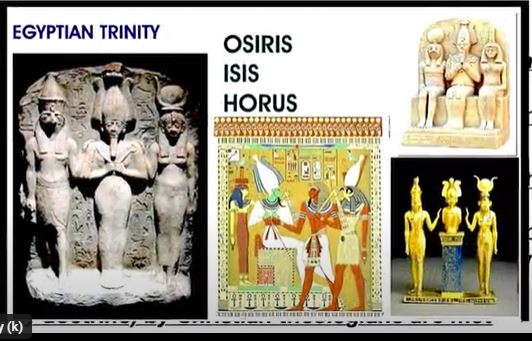
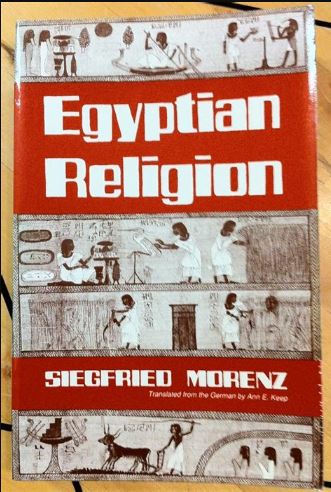 “The Trinity was a major preoccupation of Egyptian theologians… the spiritual force of Egyptian religion shows a direct link with Christian theology”.
“The Trinity was a major preoccupation of Egyptian theologians… the spiritual force of Egyptian religion shows a direct link with Christian theology”.
Egyptian Religion, Siegfried Morenz, 1973, p. 255

“From Egypt came the ideas of a divine Trinity“.
Pulitzer Prize-winning – The Story of Civilisation, Wm. Durant, pt3, p.595
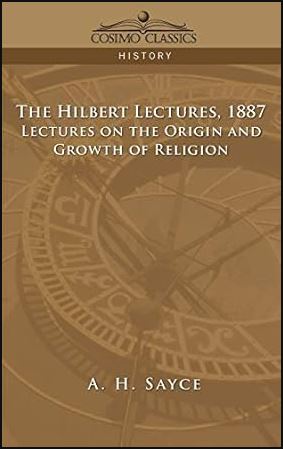 “The indebtedness of Christian Theological theory to ancient Egyptian dogma is nowhere more striking than in Trinity doctrine. The very same terms used of (the trinity doctrine) by Christian theologians are met again in the inscriptions and papyri of Egypt”
“The indebtedness of Christian Theological theory to ancient Egyptian dogma is nowhere more striking than in Trinity doctrine. The very same terms used of (the trinity doctrine) by Christian theologians are met again in the inscriptions and papyri of Egypt”
The Clifford and Hibbert Lectures, A.H. Sayce, Prof., Oxford University, 1902
THE TRINITY OF GREECE
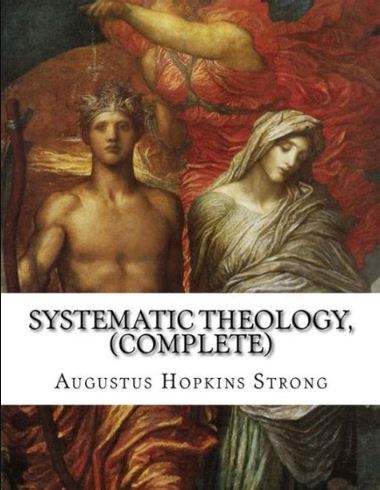 The Greek Trinity… (is) a system of tritheism…three (gods)… Zeus, Athena and Apollo… said to ‘agree in one’ “.
The Greek Trinity… (is) a system of tritheism…three (gods)… Zeus, Athena and Apollo… said to ‘agree in one’ “.
Systematic Theology, A.H. Strong, 1886, Vol. 1, p. 283
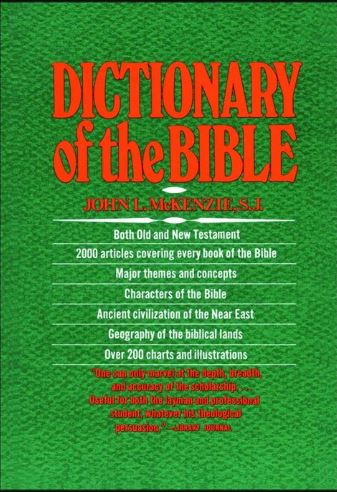 “The belief that in God are ‘three persons who subsist in one nature’ … is not… a biblical belief… ‘person’ and ‘nature’ [as applied to God] are Greek philosophical terms which do not appear in the Bible”.
“The belief that in God are ‘three persons who subsist in one nature’ … is not… a biblical belief… ‘person’ and ‘nature’ [as applied to God] are Greek philosophical terms which do not appear in the Bible”.
The Dictionary of the Bible, Anglican Trinitarian John L. Mckenzie, 1995
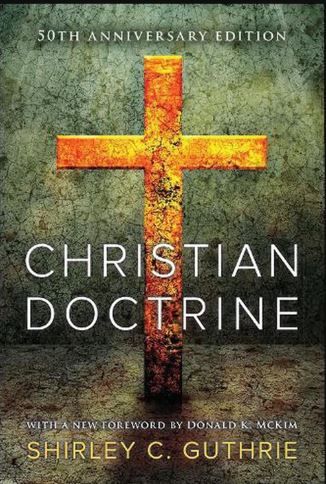 “The language of the doctrine is taken from classical Greek philosophy“
“The language of the doctrine is taken from classical Greek philosophy“
Christian Doctrine, Prof. S Guthrie, Columbia Theological Seminary, 1994, p. 76
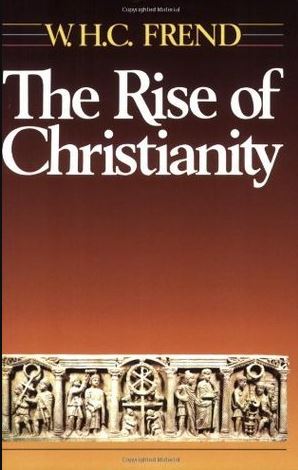 “We find Christianity tending to absorb Greek philosophical values, until by the end of the third century in the line between the beliefs of educated Christian and educated pagan in the east would often be hard to draw”
“We find Christianity tending to absorb Greek philosophical values, until by the end of the third century in the line between the beliefs of educated Christian and educated pagan in the east would often be hard to draw”
The Rise of Christianity, W.H.C. Frend, 1985, p. 368
THE TRINITY OF PLATO
The Greek philosopher Plato (425-345 B.C.) brought the concepts of ancient pagan tritheism forward in his own speculations on the divine realm. These in turn, profoundly impacted the theology of second and third century Christianity:
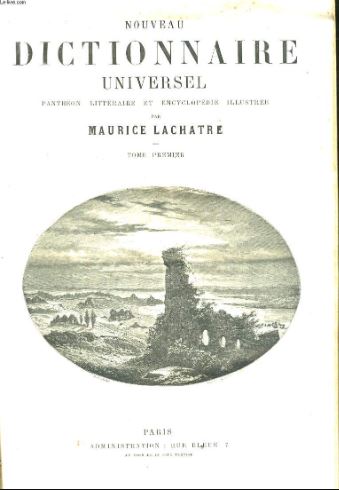 “The Platonic Trinity… gave birth to the (idea of) three… divine persons taught by the Christian churches… (Plato’s) conception of the divine Trinity… can be found in all the ancient [pagan] religions“.
“The Platonic Trinity… gave birth to the (idea of) three… divine persons taught by the Christian churches… (Plato’s) conception of the divine Trinity… can be found in all the ancient [pagan] religions“.
Nouveau Dictionnaire Universel, M. Lachartre, 1865, Vol. 2, p. 1467
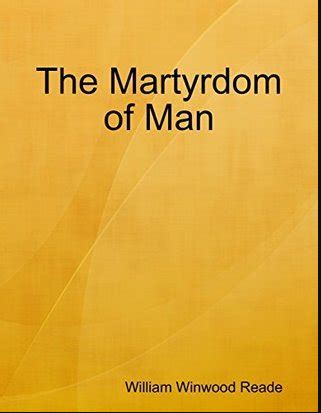 “In second century Christianity… the single Deity of the Jews had been exchanged for the Trinity… which Plato had idealized into a philosophic system”.
“In second century Christianity… the single Deity of the Jews had been exchanged for the Trinity… which Plato had idealized into a philosophic system”.
The Martyrdom of Man, W.W. Reade, 1892, p 230
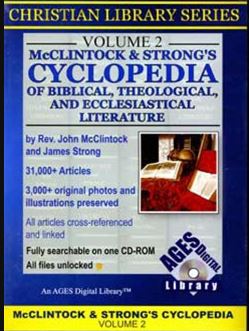 “Many learned men came over from paganism to Christianity… bringing with them… their Platonic ideas and phraseology”.
“Many learned men came over from paganism to Christianity… bringing with them… their Platonic ideas and phraseology”.
McClintock & Strong’s Cyclopaedia of Biblical Literature, 1891, Vol. 10, p. 553
The protestations of trinity-apologists notwithstanding, it is clear that the Trinity (found neither in word nor concept anywhere in the Bible) was handed down from Babylon and transmitted through successive generations of paganism until it was ultimately engrafted onto a Judeo-Christianity which it directly contradicted.
Source:
Research by Steven Blake